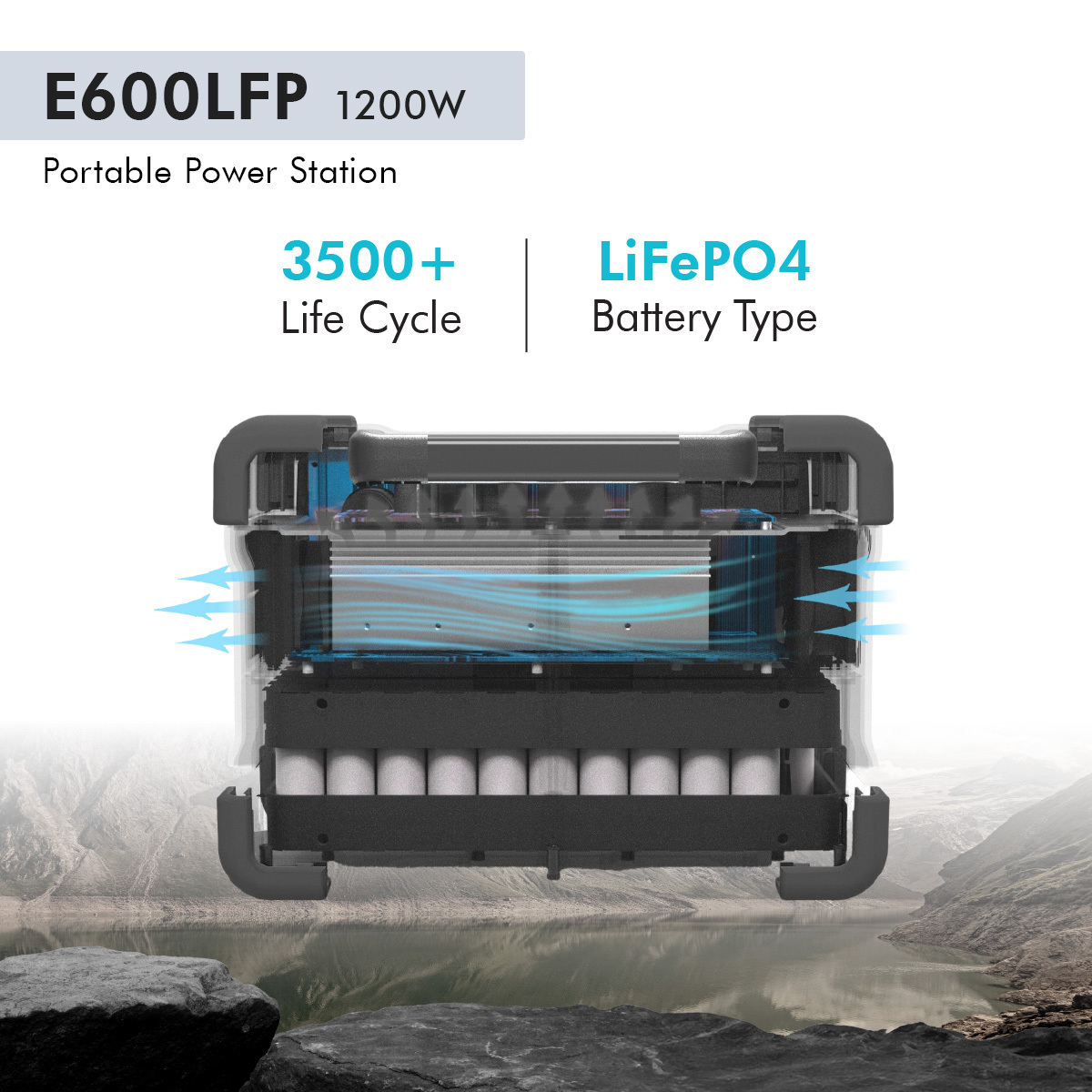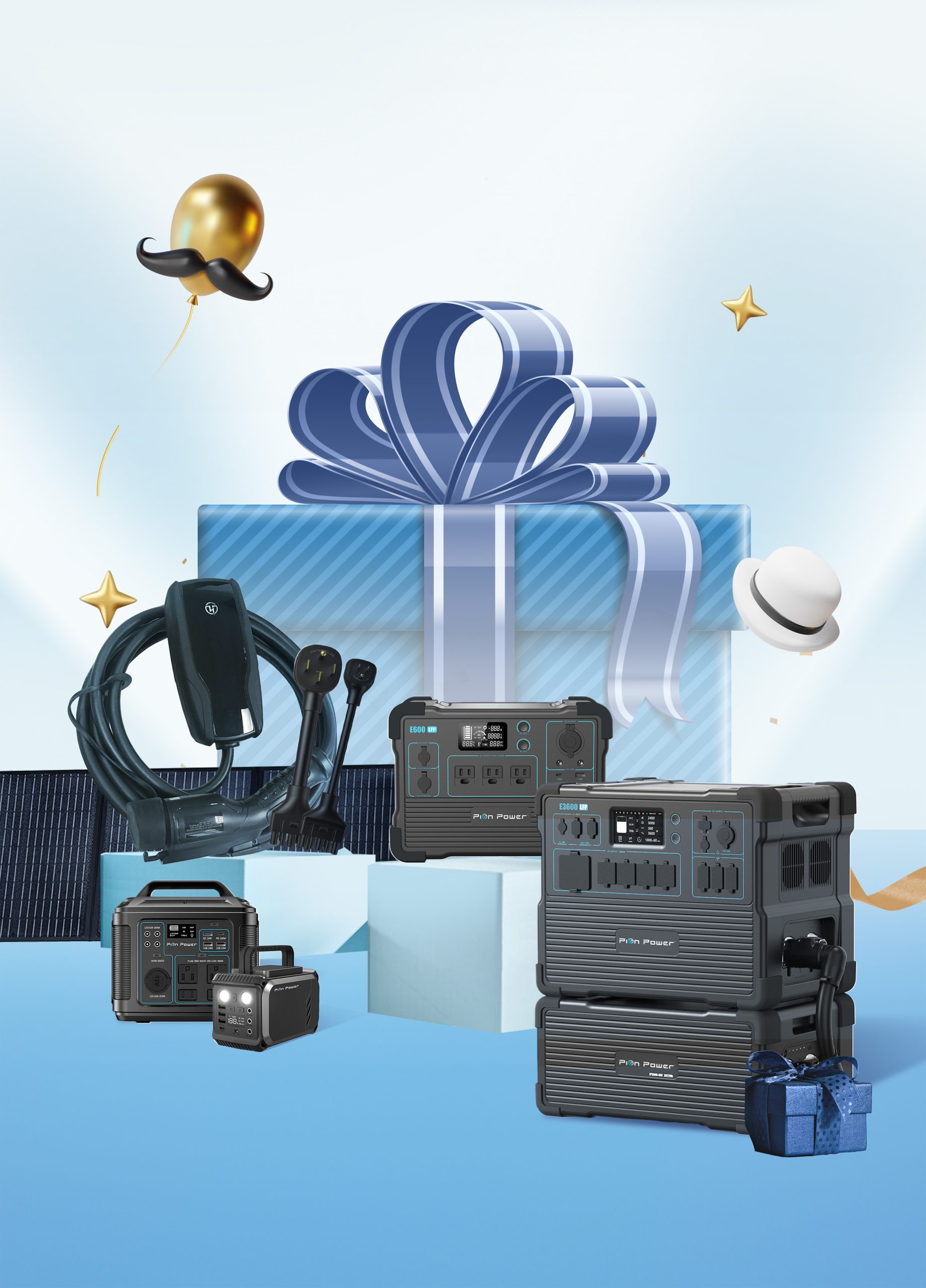In today’s world, where energy storage plays a critical role in powering our devices, homes, and adventures, the LiFePO4 (Lithium Iron Phosphate) battery has emerged as a standout technology. Known for its safety, efficiency, and eco-friendliness, LiFePO4 offers significant advantages over traditional batteries like lead-acid and other lithium-ion chemistries.
Let’s explore what makes LiFePO4 batteries unique, how they compare to other battery types, and why they are becoming a preferred choice for applications like renewable energy systems, electric vehicles, and portable power stations—such as the Pion Power E600 LFP.
What is a LiFePO4 Battery?
LiFePO4 is a type of lithium-ion battery that uses lithium iron phosphate as the cathode material. This distinct chemical composition results in superior stability, safety, and longevity compared to other lithium-ion batteries, which typically use materials like cobalt or nickel.
Unlike traditional batteries, which may prioritize energy density or cost over durability and safety, LiFePO4 batteries strike a balance, making them an ideal choice for applications requiring long-term reliability.
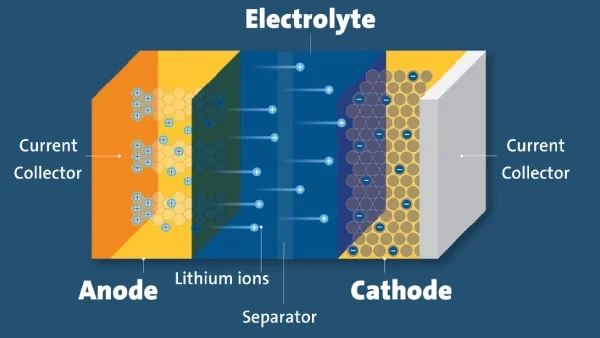
Advantages of LiFePO4 Compared to Other Batteries
1. Safety First: Thermal and Chemical Stability
- LiFePO4: Highly stable and resistant to overheating or thermal runaway, making it one of the safest battery options available. (UL Battery Safety Standards: UL Standards for Lithium Batteries)
- Other Lithium-Ion Batteries: Prone to overheating and more likely to experience safety issues under stress, especially in extreme conditions.
- Lead-Acid Batteries: Risk of leaking toxic chemicals or gases during operation.
2. Extended Lifespan
- LiFePO4: Offers over 3,500 charge cycles while retaining 80% capacity, meaning it can last 5-10 times longer than most other batteries.
- Other Lithium-Ion Batteries: Typically provide 500-1,000 cycles before performance significantly degrades.
- Lead-Acid Batteries: Limited to around 300-500 cycles, requiring frequent replacements.
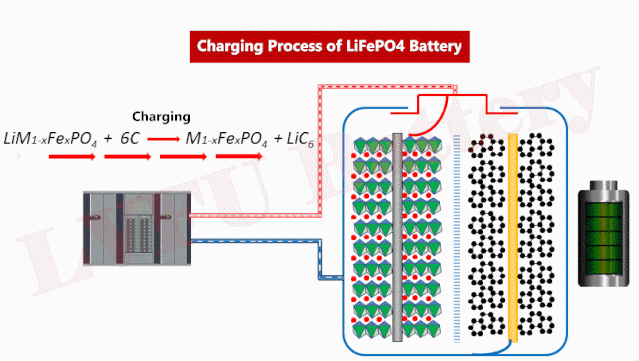
3. Environmental Benefits
- LiFePO4: Free of toxic heavy metals like cobalt and nickel, making it easier to recycle and less harmful to the environment.
- Other Lithium-Ion Batteries: Often rely on cobalt, which has significant environmental and ethical concerns due to mining practices.
- Lead-Acid Batteries: Contain hazardous materials like lead and sulfuric acid, which can harm ecosystems if improperly disposed of.
4. High Energy Efficiency and Performance
- LiFePO4: Delivers consistent performance across a wide temperature range, from freezing cold to extreme heat. This makes it ideal for outdoor and emergency use.
- Other Lithium-Ion Batteries: Performance can drop in extreme temperatures, limiting their usability.
- Lead-Acid Batteries: Poor energy efficiency, with significant energy loss during charging and discharging.
5. Lightweight and Compact Design
- LiFePO4: Lightweight yet powerful, offering high energy density without compromising safety or size.
- Other Lithium-Ion Batteries: Slightly higher energy density but often at the cost of safety or stability.
- Lead-Acid Batteries: Extremely heavy and bulky, making them unsuitable for portable use.
Compact Power: The Pion Power E600 LFP weighs just 20 lbs and measures 11.7 x 7.8 x 8.5 inches, making it a portable powerhouse for camping, road trips, and home backup.
Key Applications of LiFePO4 Batteries
LiFePO4 technology is transforming various industries, including:
- Portable Power Stations: Devices like the Pion Power E600 LFP demonstrate the benefits of LiFePO4 in compact, versatile energy solutions.
- Electric Vehicles (EVs): LiFePO4 batteries power many EVs due to their durability and safety. U.S. Department of Energy’s page on EV batteries: DOE – EV Batteries
- Renewable Energy Systems: Paired with solar panels, LiFePO4 batteries provide sustainable energy storage for off-grid living.
- Medical Devices: Their reliability makes them ideal for powering critical equipment like CPAP machines.
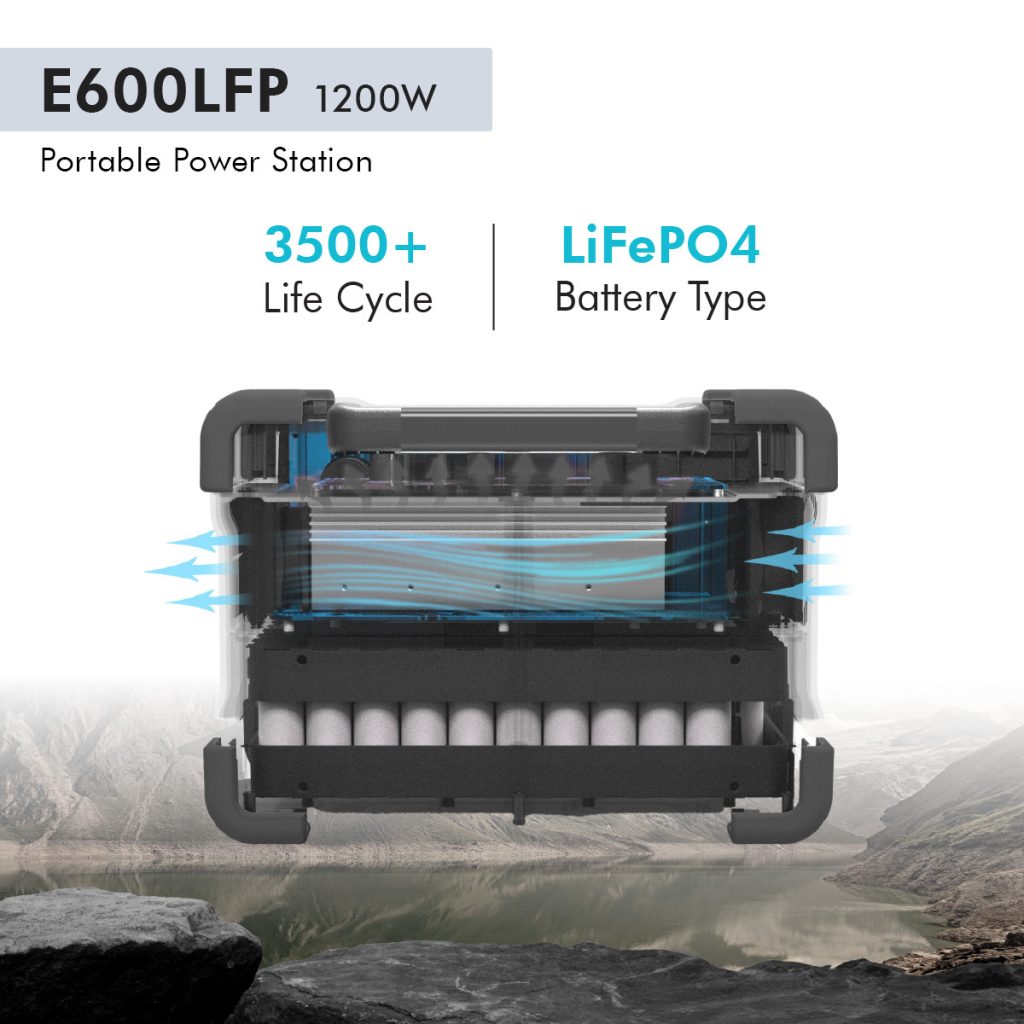
Why Choose LiFePO4 for Your Energy Needs?
If you’re seeking a reliable, safe, and sustainable energy storage solution, LiFePO4 batteries are the clear winner. With their extended lifespan, environmental benefits, and superior performance, they outshine traditional lithium-ion and lead-acid batteries in nearly every category.
Experience the LiFePO4 Advantage with the Pion Power E600 LFP
This innovative portable power station combines the power of LiFePO4 technology with practical features like 11 output ports, solar compatibility, and the ability to power up to 80% of high-wattage appliances. From outdoor adventures to emergency backup, the E600 LFP proves that LiFePO4 is more than just a battery—it’s the future of energy storage.
Conclusion
LiFePO4 technology represents a leap forward in battery innovation, offering unparalleled safety, longevity, and efficiency compared to traditional options. With products like the Pion Power E600 LFP, consumers can experience the benefits of this technology firsthand, whether at home, outdoors, or on the go.

